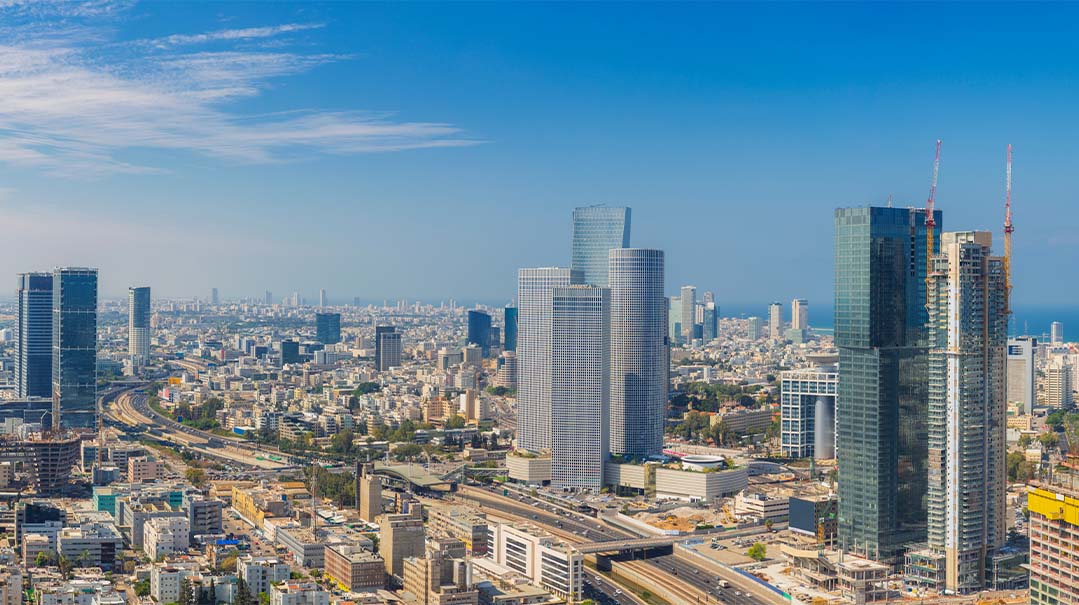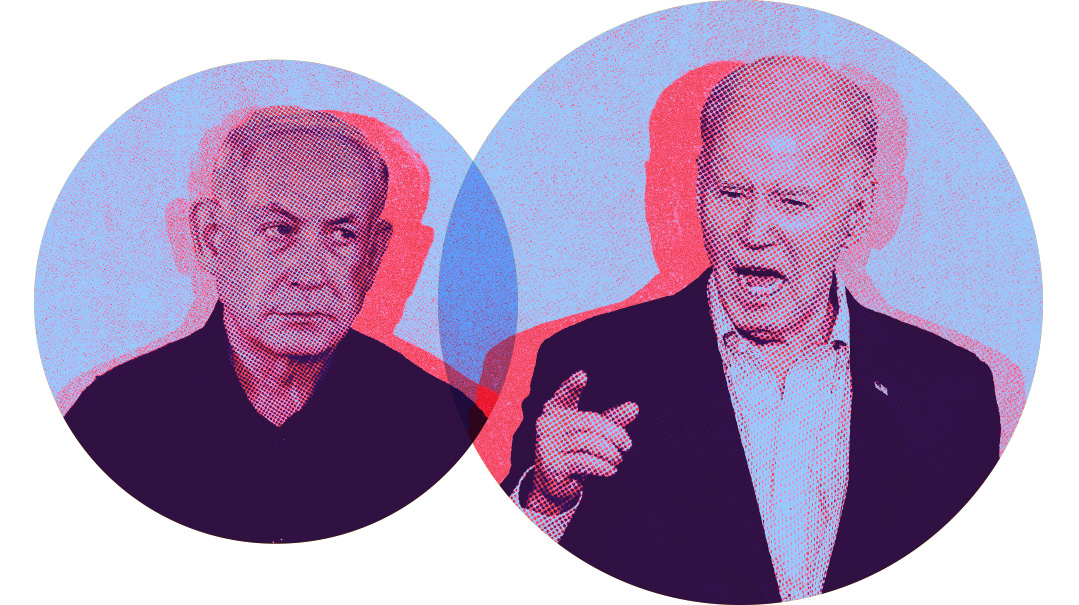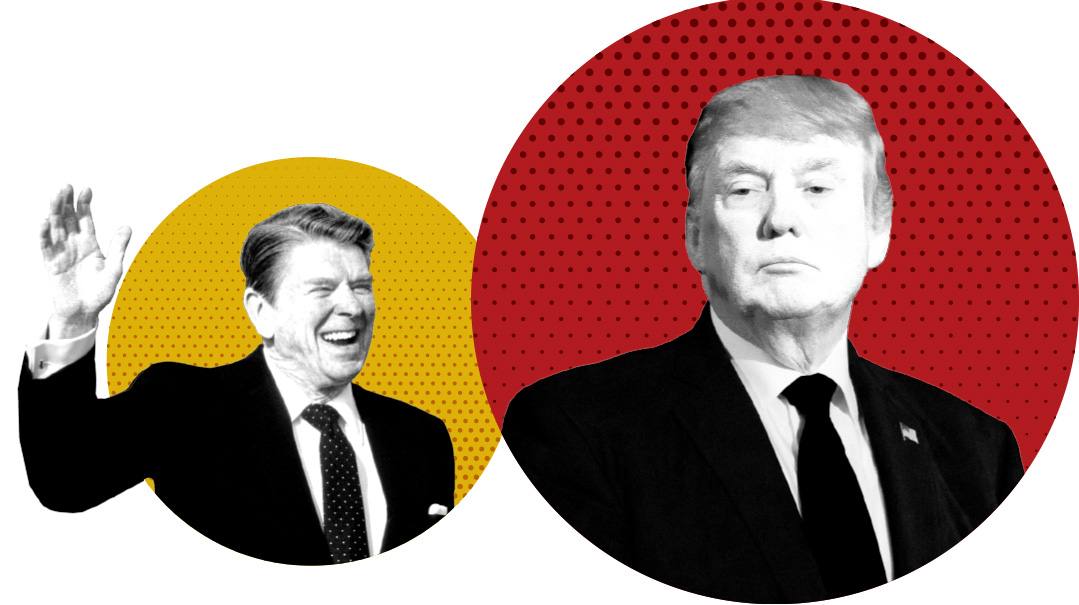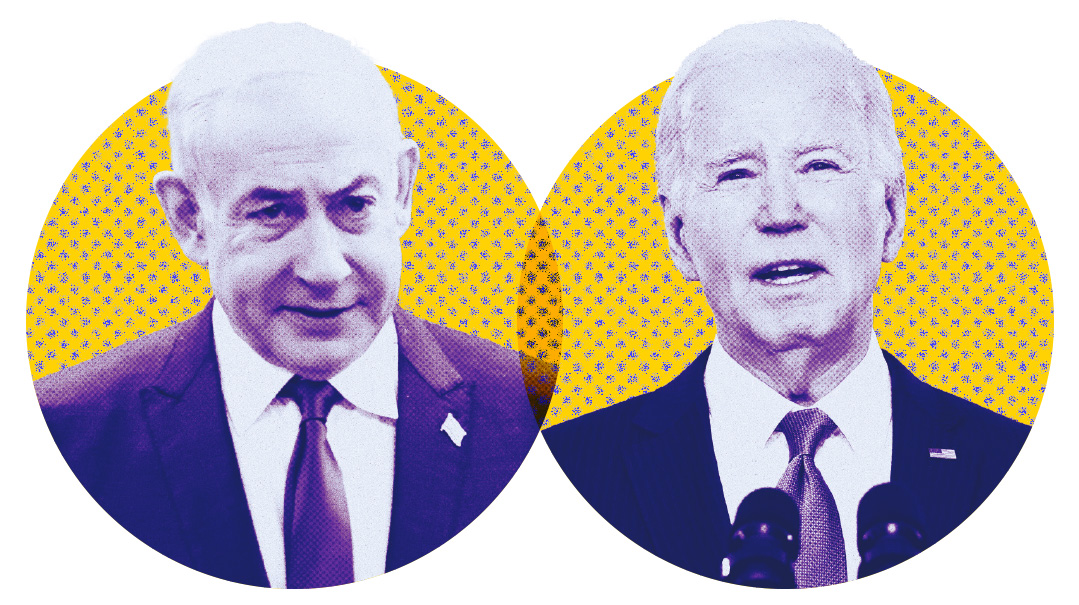Beating Israel’s High Cost of Living

Unless Israelis speak up, the price squeeze will worsen

Political satirists sharpened their pens and tongues immediately after the Economist — a British publication — released its annual Worldwide Cost of Living Index, which this year branded Tel Aviv as the world’s most expensive city.
One popular Israeli humorist lampooned Tel Aviv mayor Ron Huldai expressing elation over his city’s first-place finish in a global survey, even though this one is nothing to brag about.
Certainly, to the average Israeli who is not the head of a high-tech unicorn (that is, any privately held start-up valued at over $1 billion), and who struggles to meet his monthly payments, unaffordable prices are no laughing matter. And Tel Aviv does not have a monopoly on the phenomenon.
Take housing out of the equation for the moment, because multimillion-shekel prices on beachfront luxury high-rises on the Mediterranean distort the picture. But other costs of living — for cars, gasoline, and many consumer staples — are uniformly high, whether you live in Tel Aviv or Sderot.
In all fairness to Israel, there are offsets. Expenses for tuition, medical care, and insurance, which are budget-busters in many countries, are relatively affordable.
The Economist survey did contain one major flaw in methodology: They’re viewing Tel Aviv prices through the prism of foreign currency. The strong shekel steepens costs for foreigners converting dollars or euros. For an Israeli who earns and spends in the local currency, the shekel’s strength has kept inflation to a tame 2.5 percent so far in 2021.
Commenting on Tel Aviv’s new lofty status, Dr. Alex Coman, an economist at Tel Aviv University, blamed the malady of unaffordable prices on consumer “complacency.” The professor contends people should “get mad” and fight back.
People did exactly that a decade ago during the famous “cottage cheese” protest, which forced the price of a container of curd from seven shekels to five. It’s now back to six. With the shekel or two I save each week on cottage cheese, I still can’t afford a Tel Aviv high-rise.
But Dr. Coman has a point. Israelis are complacent.
The roots of this complacency are structural, cultural, and deeply embedded in the Israeli psyche, and new olim are equally susceptible.
It’s born out of conditions of scarcity (both chronic and sporadic), a lengthy bout with inflation that eroded the value of money, and a government that promises much but delivers little.
If you wonder why an Israeli jockeys for position in lines, go back to the early days of statehood, when Angel’s Bakery made a limited supply of challahs for Shabbos. Failure to queue up early and guard your place could mean supplies would run out before you got what you needed. Scarcity creates a fear of missing out. So consumers pay the asking price, and, in the process, lose their perspective on the value of money.
A Numbers Game
Shortly after we made aliyah in 1993, a neighbor introduced me to a friend who he thought would benefit from my background in the financial markets. When reviewing his bank statement, I noticed he had an overdraft of 150,000 shekels. When I asked if he had a debt-reduction strategy in place, his response shocked me: “It’s a number on a piece of paper. What difference does it make if I’m 150,000 minus or 150,000 plus?”
I soon discovered this mentality was commonplace. Fast-forward to 2015: Israelis still took debt casually, with more than half of all Israeli bank account holders in overdraft at some point during the year. The Bank of Israel has since cracked down, and the number of customers in the red has dropped to about 25 percent.
However, Israelis suffered through hyperinflation from 1980 to 1985, with six consecutive years of triple-digit inflation (the peak was 373 percent in 1984, according to the World Bank). Even after the government imposed strict austerity measures and brought inflation under control, it remained stubbornly above or near 10 percent until 1998, when it fell sharply to 5.5 percent, and has since remained at acceptable, even low levels.
With prices out of control, it’s easy to understand the “buy now, think later” mentality. And with the government replacing two worthless currencies within a few years in the 1980s, it’s also easy to see how some people would not blink an eye at a fat bank debit in a currency that they perceive might also become worthless one day.
Israelis Do Fight Back
Getting mad won’t change this ingrained DNA of the Israeli consumer. There are too many structural reasons for Israel’s stubbornly elevated prices, and each requires attention.
In 2014, the Financial Innovations Lab at the Milken Institute Israel Center issued a comprehensive report blaming sky-high housing prices on limited land availability, an arcane and lengthy permit and approval process, high taxes, lack of competition, and expensive financing. They offered detailed solutions for each problem. Some are actually works in progress, while others will take years to get off the board, if ever.
Food costs remain some 50 percent above levels in Europe. Some ten Israeli food companies control the production of more than half the items on supermarket shelves. High import taxes, protectionist policies, and excessive government regulation dampen competition.
There are some bright spots.
Gone are the days when Israelis would purchase a round-trip ticket to Germany and return home without leaving the airport, having purchased major appliances — because even with the airfare, it cost less to buy appliances duty-free abroad. These junkets proved embarrassing to the government, who reduced taxes sharply on household appliances, computers, and other electronic devices.
Finance Minister Avigdor Lieberman briefly considered ending an exemption that allows Israelis to purchase up to $75 of merchandise online from overseas exporters, without paying customs levies. He let the exemption stay in place. We often use it when we buy clothing and vitamins from abroad.
Getting smart is often a better tactic than getting angry, but at some point, the government has to get its head out of the sand.
In 2015, I covered a conference on Israel’s discoveries of offshore natural gas and oil and the bureaucratic nightmare it took to extract these resources. Former energy minister Uzi Landau also cited Israel’s cultural problem, as he defined it.
Laying the blame on multiple government ministries that must weigh in on every decision, while each one looks out for only its own interests and not for the common good, Landau declared: “The State of Israel today is a bureaucratic dictatorship that masquerades as a parliamentary democracy.”
Landau is now retired from politics, but the current government is continually boasting about its staying power.
If they want to show they have longevity, they should take Uzi Landau’s advice, get all of the varying interests together in one room, and let them bang their heads together until they produce implementable solutions to battle Israel’s inflated cost of living.
Until then, there is one note of consolation.
The Economist survey showed that Damascus is the world’s least expensive city. Ask any level-headed Israeli, and he will tell you he prefers the sky-high prices in Tel Aviv to bottom-fishing for bargains in Damascus.
(Originally featured in Mishpacha, Issue 890)
Oops! We could not locate your form.







